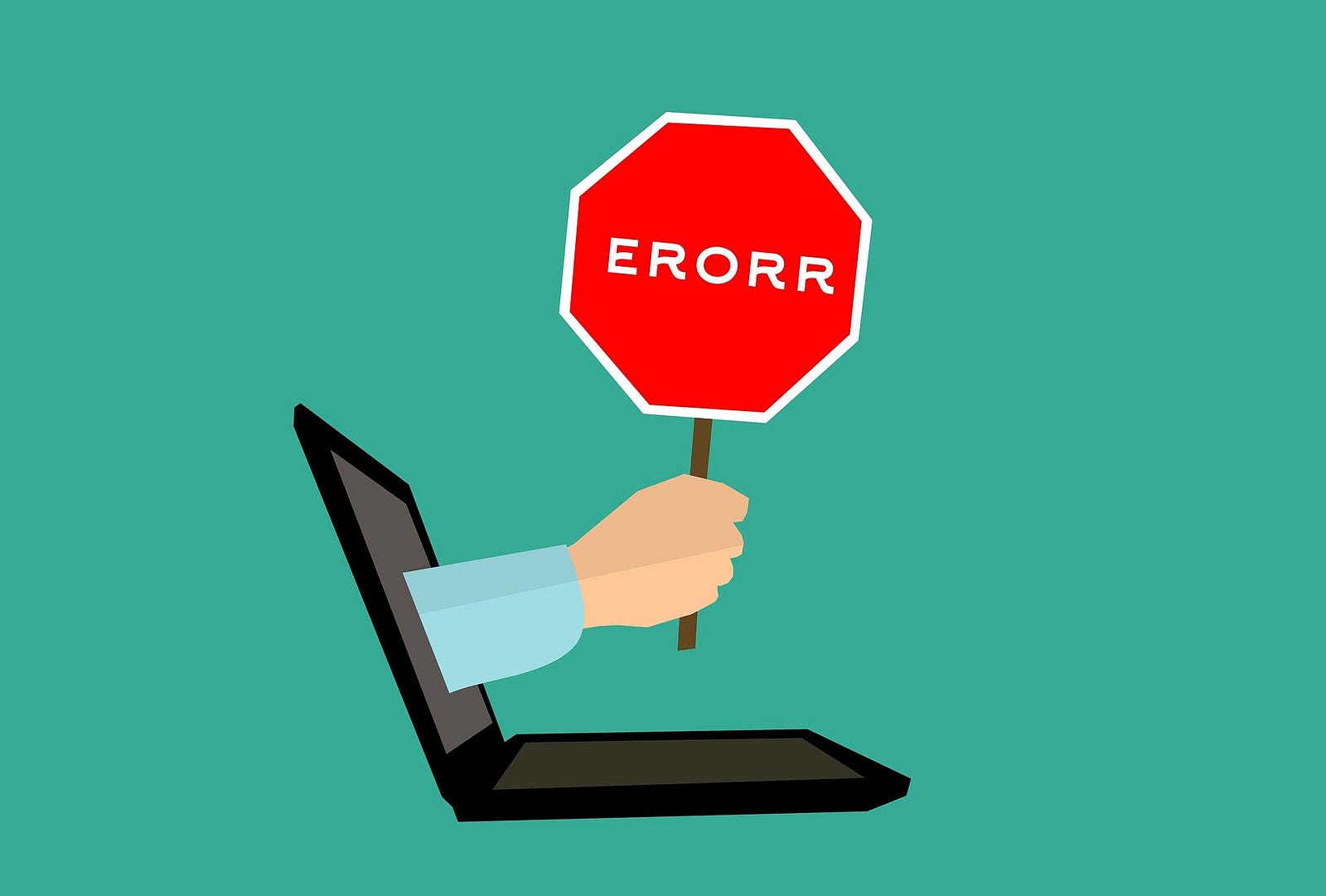
In any organisation, it’s imperative that each team member’s role is clear and concise. This ensures that your organisation does not suffer from a lack of coordination that could ultimately lead it to be unproductive and inefficient. Let’s take a look at the 8 benefits of having clear roles in any organisation.
- More Confidence
Have you ever worked a job with a poor role description? Perhaps you were told to go with the flow or to try and make yourself useful — which led you to do nothing useful whatsoever. What’s more, lacking this clear vision and description made it difficult for you to do your job with confidence, not because you were unqualified, but because you were worried about misstepping. That is the main problem behind role descriptions that are unclear: team members don’t know what to do or how to act! You can give your team members confidence by explaining clearly what’s expected of them.
2. Fewer Mistakes
A clear job description helps your team members to avoid making mistakes as they are clear on the expectations. Fewer mistakes are, of course, great for your organisation’s success. However, it’s especially a positive add-on for more cohesion and less conflict within your team when it comes to figuring out who made the mistake.

3. Efficiency Improves
With clear role descriptions, instead of spending valuable minutes and hours trying to figure out what they’re meant to be doing, your team members can get right to the task. This automatically improves the organisation’s overall efficiency.
4. Ownership Increases
The easier it is to figure out what one’s meant to be doing, the easier it is for any person to find out exactly what they’ve done wrong and when it is indeed their fault. Ownership, therefore, increases, which leads to less blaming and better company culture. Moreover, ownership in terms of feeling like they are a part of the team as more than just another employee also increases. They feel valued!
5. Accountability Is Easier
On the other side of the medal, accountability can also be more easily held and encouraged as it becomes clear when someone hasn’t done what they’re supposed to be doing.
6. Gaps Are Clearer
Whenever roles are unclear, your team can end up doing the same task all at the same time. Meanwhile, what’s truly important is left aside and forgotten and it’s extremely difficult to pinpoint what needs to be changed. On the other hand, if the roles are clear, whatever isn’t working is clear and comes to light. This makes it easier for you to implement the right role to fill that gap!
7. Ideas Flow Freely
With a clear plan regarding who is meant to do what, the ideas throughout the team can flow freely as there is no need for a particular member of the team to try and outshine the others out of fear that they aren’t doing the right thing (refer to the first point on this list! Imposter syndrome is a productivity killer!). Instead, let the ideas flow freely by making it clear to your team that each person’s input is significant in its individual way.

8. Create More Kindness Within Your Teams
Where are you noticing stress or frustration or uncertainty on your teams or with your clients? Where might more clearly defined roles, shared with everyone, help alleviate those pain points? Does everyone on the team (you and the client included) have a role/job description to refer back to? KPIs? Measures of Success? When were these things last reviewed with each person on the team? These questions, if their answers are unclear, may explain why there has been some animosity within your team. You can create more kindness and better company culture by making sure that everyone knows exactly what their job is and, most importantly, how their work and contribution is valuable to the organisation.
As managers, it’s hard for us to effectively lead the team if we are not all crystal clear on what success looks like for each person. It can’t just be a bunch of people doing a bunch of ‘stuff’. It needs to be the Right Stuff getting done by the Right People! So, make the roles as clear as can be and you’ll see improvements in no time.

